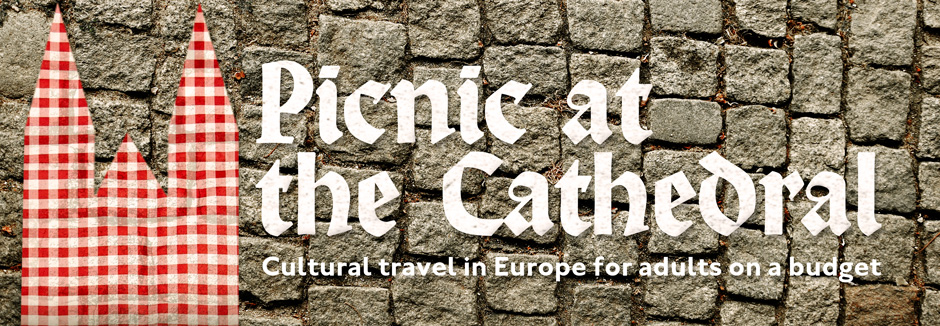Imagine this: you’re stuffed with fresh home-cooking, toasting Saint George with potent local chacha (vodka). There are charming children, a fire in a wood-burning stove and outside your temporary home it looks like this:
You’re warm and comfortable but your hair is standing up.
It’s the music.
The music of Svaneti, a mountainous region of Western Georgia, is somehow both cozy and awe-inspiring. It feels ancient because it is ancient. The Svans, an ethnic subgroup of Goergians, sing in their own unwritten language of Svan, in a polyphonic three-part harmony.
We stayed with the Pilpani family: three generations of singers and musicians, superb cooks, and proprietors of an excellent guest house. The Pilpani’s are fiercely successful advocates for Svan musical culture. The grandfather, Islam Pilpani, is sought out as a premiere musician. We met an Australian doctoral student, on an extended stay at their guest house, who was there to learn songs directly from the master. The family has toured internationally, and had just returned from Poland where they performed folk songs. (The eldest daughter, Ana, confided to me “I actually prefer Pink Floyd to Svan songs, but singing Pink Floyd isn’t going to get me to Poland”). The youngest daughter, Eka, is a cheeky, highly skilled singer who taught us a card game called “Exploding Kittens”. Their father, Vakhtang, is sophisticated, media savvy proponent of all things Svan, a first-rate musician, and a living embodiment of the Georgian value of hospitality.
The Pilpani’s perform on the traditional Svan instruments called the changi and chuniri. Here’s a photo we took in the wonderful State Museum of Georgian Folk Songs and Musical Instruments in Tbilisi. The changi is the ancient Roman-looking wooden harp, and the chuniri is the one played with the bow (as I understand it, the chuniri’s three strings correspond with the three voices in Svan polyphonic singing).
I found this video on youtube.com of the Pilpani family performing the Svan song Lazhghvashi. Do you get what I mean now about the music being both cozy and ancient?
Georgian polyphonic singing is inscribed on UNESCO’s list of intangible cultural heritage, and as far as I’m concerned, the Pilpani family should be inscribed on this list as well. They are keeping their culture alive, passing on their musical skills from one generation to the next. HOB and I are so lucky that they shared their home and culture with us. Also, we are now expert players of the card game “Exploding Kittens”—anyone want to play a round?
How we got to Sveneti: overnight train from Tbilisi to Zugdidi followed by a marshrutka ride from Zugdidi to Mestia. From Mestia to Ushguli we shared a jeep with other travelers.
Where we slept in Kashveti: Guest House Folk Music. Price: €42 for a double (including meals). Recommended: highly.






What a wonderful experience and I just love the buildings 🙂
LikeLiked by 1 person
Those Svanetian towers are mostly from the 9th – 12th centuries. I climbed one of them, and got really scared from the steep, wiggly ladder.
LikeLike
Oh wow! The music is definitely ancient. Something that will sound just perfect in a church! What a lovely experience! Thanks a ton for these blogs. My list of things to do and places to go is growing!
LikeLiked by 1 person
You’re so right, Chasing Sunsets, we heard some Georgian chant-style singing at the Anchiskhati church in Tbilisi and it was extra magical.
My list gets keeps growing too!
LikeLiked by 1 person
Reblogged this on Truth Troubles: Why people hate the truths' of the real world.
LikeLike
Thanks for sharing!
LikeLike
We’re heading to Mestia next week – looking forward to it. Great post! 🙂
LikeLiked by 1 person
Thank you Sean. I’m looking forward to reading about what delicious food you eat in Mestia.
LikeLike
🙂 I’m especially looking for great kubdari. Any recommendations?
LikeLiked by 1 person
Sean, we had kubdari from a roadside cafe somewhere between Zugdidi and Mestia, but I have no idea where it is since the marshrutka driver just pulled over. It was painted blue and rustic looking. Otherwise, everything we ate was through our guest house (and all of it wonderful!): http://app.guds.ge/content/guest-house-folk-music
LikeLiked by 1 person